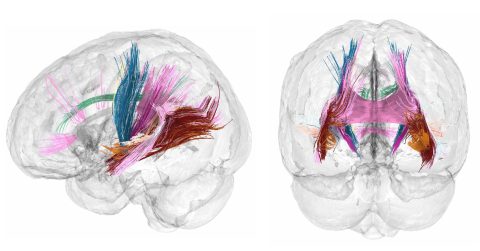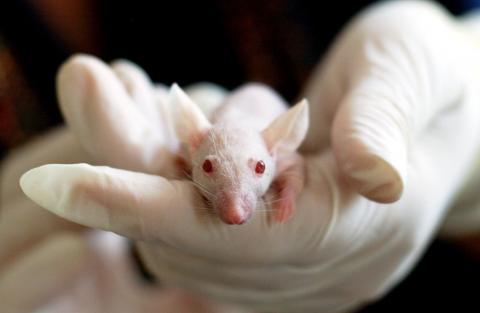Prenatal cell-free DNA testing can incidentally detect maternal cancer
Cell-free DNA (cfDNA) sequencing analysis for fetal aneuploidies - chromosomal abnormalities - can incidentally detect maternal cancer, according to a study published in NEJM. Researchers screened 107 pregnant and postpartum mothers with no symptoms of cancer, but who had received unusual clinical cfDNA sequencing results, for cancer. In this sample, cancer was present in 48% of the women.

Isabel Portillo - ADN cáncer EN
Isabel Portillo
Screening Coordinator at Osakidetza -Basque Health Service, researcher in the Cancer Biomarkers group at the Biobizkaia Health Research Institute, and secretary of the Board of Directors of the Spanish Epidemiology Society
The study refers to a very small sample of women. They are volunteers, but recruitment is not described in detail. The 48% of women with cancer who are pregnant/postpartum is too high for the incidence of cancer at that age.
No screening of healthy women for tumours is currently recommended. Early detection of any tumour is recommended in case of signs or symptoms.
The major limitation is that it is an exploratory study and genetic testing without risk factors (not specified either) is not supported by scientific evidence.
This type of ‘screening’ can create alarm in the population and incidental findings can lead to unnecessary testing and treatment in asymptomatic people.
Turriff et al.
- Research article
- Peer reviewed
- People



